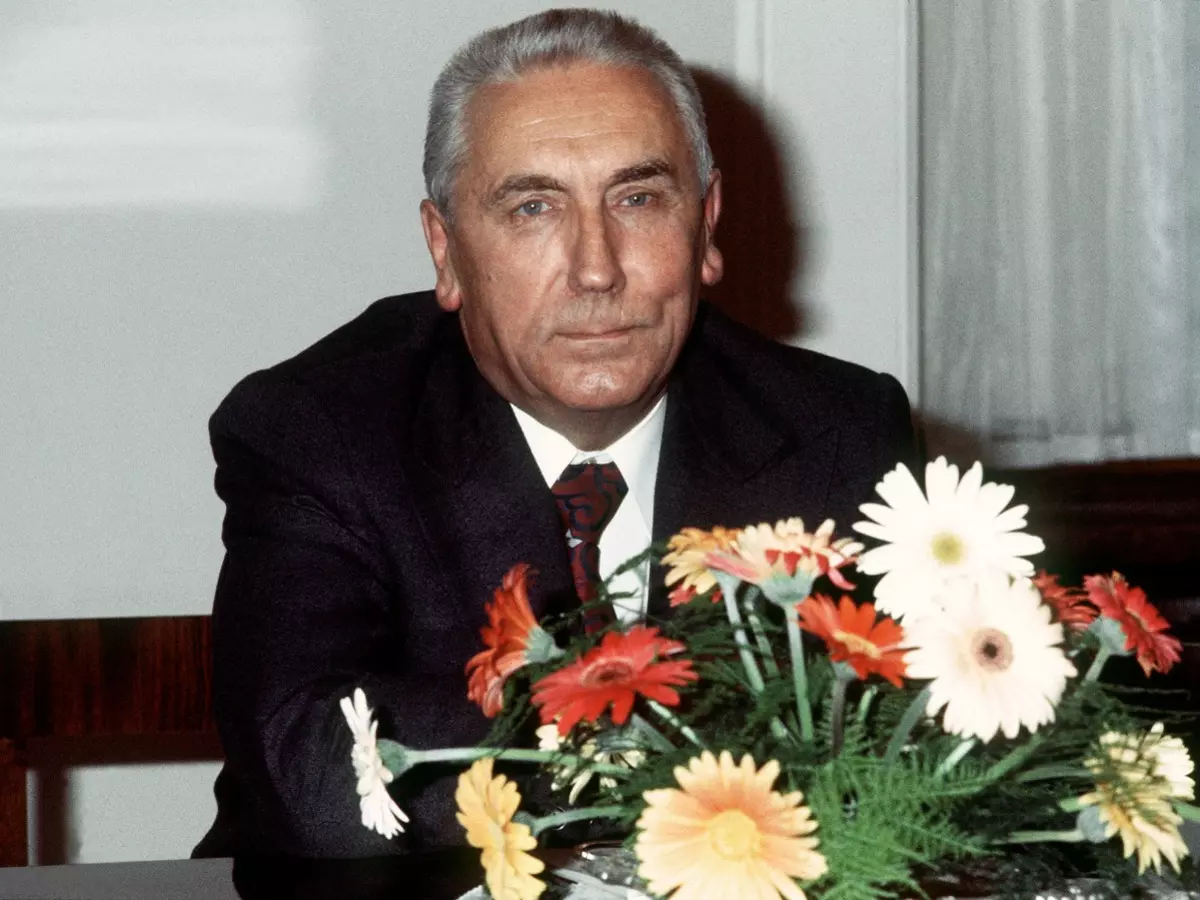Edward Gierek, The Chief Guest Of 1977: The Final Year Of The Emergency
The Chief Guest of the 1977 Republic Day was Edward Gierek. Gierek was an avowed communist who served as the First Secretary of Poland from 1970-1980. The year 1977 and the Republic Day Chief guest selection are important events for India.

The Chief Guest of the 1977 Republic Day was Edward Gierek. Gierek was an avowed communist, who served as the First Secretary of Poland from 1970-1980.
The year 1977 and the Republic Day Chief guest selection are important events for India.
The year 1977
The emergency was imposed on the country on June 25, 1975. And it had been almost a year and a half since its imposition. The Republic Day, held during the period of the Emergency and the Chief Guest, symbolised the state and the tacit approval of its action on the international stage.
 indiatoday
indiatoday
¡®In his Republic Day broadcast, the president(Fakhruddin Ali Ahmad) said all political parties should help maintain peace and calm in the country. The president painted a heartening picture of progress made by the country and said that success achieved should not ¡°make us complacent and blind us to our shortcomings¡±.¡¯the Indian Express reported.
The previous year¡¯s Chief Guest, French Prime Minister Jacques Chirac, faced a natural question of being invited to a democratic country that chose democratic tools to further an undemocratic agenda of trampling free press, and incarcerating opposition parties, said that it was an ¡®internal matter.¡¯
Similarly, Edward Gierek, as the following year¡¯s Chief Guest of the Republic Day in 1977, was not only a symbolic act of garnering support by inviting international leaders but also underscored the deep ideological commitments with Communism, followed since Pandit Nehru.
 AFP
AFP
The communist underpinnings were reflected in the five-year plans by the government and were an element borrowed from the Soviet Union and Poland¡¯s policies and politics were heavily influenced by the Kremlin. The Ministry of External Affairs(MEA) website writes,¡¯ During the Communist era, bilateral relations were close and cordial, with regular high level visits (five VVIP visits from India ¨C beginning with Pandit Jawaharlal Nehru in 1955 - and four from Poland), coupled with planned trade and economic interactions by state trading organizations, underpinned by the rupee clearing arrangements.¡¯
The selection of the Polish First Secretary not only exhibited India¡¯s balanced relationship with the USSR and its ideology but also sought support from the Eastern Power Bloc and its satellite states.
India and Poland
¡®India and Poland share a long-standing friendly relationship, marked by high level political contacts, vibrant economic engagement and traditional cultural links. Diplomatic relations were established in 1954, leading to the opening of the Indian Embassy in Warsaw in 1957. The two countries shared common ideological perceptions, based on their opposition to colonialism, imperialism and racism.¡¯ the MEA mentions on its website.
